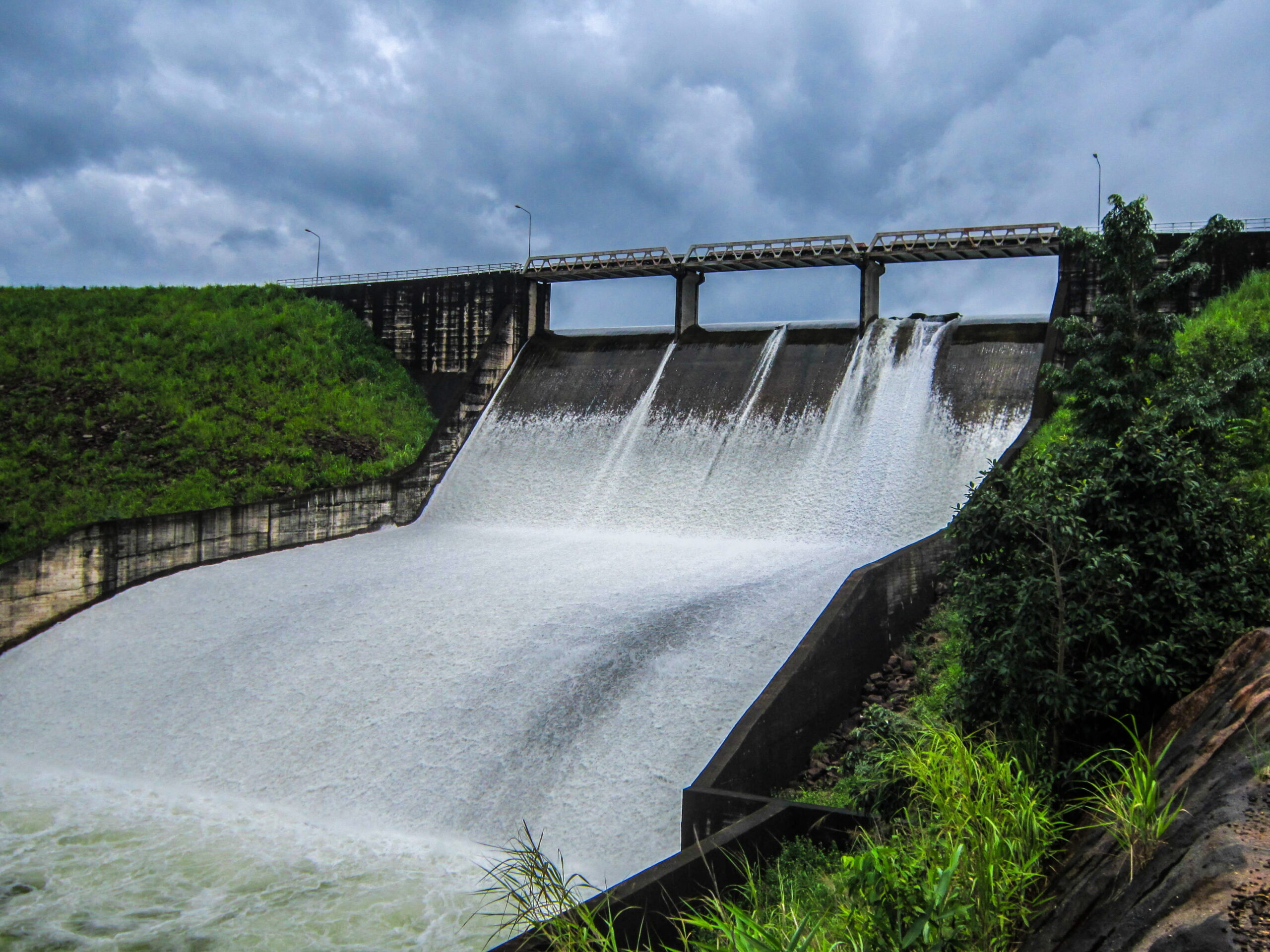A group of researchers from Trinity are to head a Horizon Europe project to improve the sustainability of the European Union’s hydropower fleet.
The project, titled iAMP-Hydro (intelligent Asset Management Platform for Hydropower) and funded by the EU’s scientific research body to the tune of €4.1 million, will seek to develop digital solutions to aid in improving the efficiency and flexibility of the fleet.
Researchers estimate that the project will help to digitally future-proof the sector, reduce CO² emissions by 1,260 tonnes, and to create 10,000 future-proofed jobs in the process. It is also estimated that the effects of the project will lead to annual savings of €1 million, and a significant reduction in global greenhouse gas emissions.
The project will see the improvement of the digital operation of existing hydroelectric plants through the development of new systems and digital solutions that will form iAMP, including condition monitoring and predictive maintenance for turbines and ecological status monitoring for water resources management.
Involved in the project are Prof. Aonghus McNabola of the School of Engineering, who will coordinate the initiative. Also serving on the project from the School of Engineering is Prof. Biswajit Basu, as well as Prof. Paul Coughlan of the Trinity Business School.
“The EU electricity sector is undergoing a fundamental change with the increase of digitalisation,” Prof. McNabola said.
“As a result, power systems are more deeply monitored, and artificial intelligence and big-data are implemented in daily operations. We will be putting hydro front and centre with this project, to ensure the same advances are utilised in this sector, which represents one-sixth of global electricity generation and provides a significant contribution to grid flexibility and energy security.”
Prof McNabola continued: “Much of the EU fleet needs attention, but this means that modernisation actions related to digitalisation in the short to medium term have the potential to make a huge impact.”
Other institutes involved in the project alongside Trinity include the University Politechnia of Bucharest; the Norwegian Research Centre (Norce); and CARTIF.






